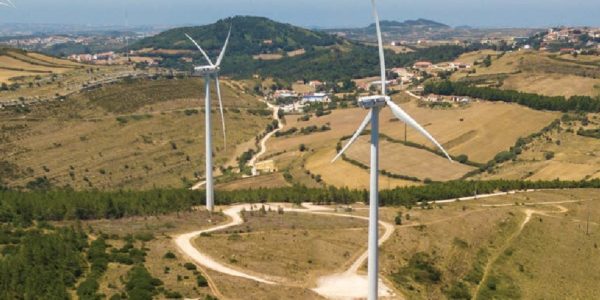What we offer
- Consultancy services for the planning, supervision and monitoring of renewable and natural gas power plants
- Design electricity schemes including transmission and distribution networks
- Geospatial rural electrification concepts
- Energy policy advisory
- Renewable energy for rural areas and small cities
- Energy planning and management including master-plan development
- Demand side management including energy efficiency in buildings, industry etc
- Operation and maintenance of power plants
- Technical and vocational trainings (TVET)
- Environmental assessment, planning, and awareness
- Monitoring and evaluation
Solar Energy
Re development of a fordable, inexhaustible and clean solar energy technologies will have huge long-term benefits. It will increase countries’ energy security through reliance on an indigenous, inexhaustible and mostly import-independent resource, enhance sustainability, reduce pollution, lower the costs of mitigating global warming, and keep fossil fuel prices lower than otherwise.
Service DetailWind Power
Like other renewable energy sources, wind power is plentiful, widely distributed, clean, and produces no greenhouse gas emissions. Moreover, wind turbines consume no water and use relatively little land. Onshore wind is an inexpensive source of electric power, competitive with or often cheaper than coal or gas plants.
Service DetailHydropower
Since ancient times, power derived from moving water has been harnessed as a renewable energy source, becoming widely used for generating electricity in the late 19th century. Currently, international organizations such as the World Bank view hydropower as a desirable means for economic development, since, like solar and wind, it does not add carbon to the atmosphere.
Service DetailNatural Gas
Natural gas is a major source of electricity generation that is well- suited for use in combination with renewable energy sources such as wind, solar and hydropower. Natural gas burns more cleanly than other fuels, such as oil and coal, producing only about half the carbon dioxide per kilowatt-hour (kWh) that coal does.
Service Detail





